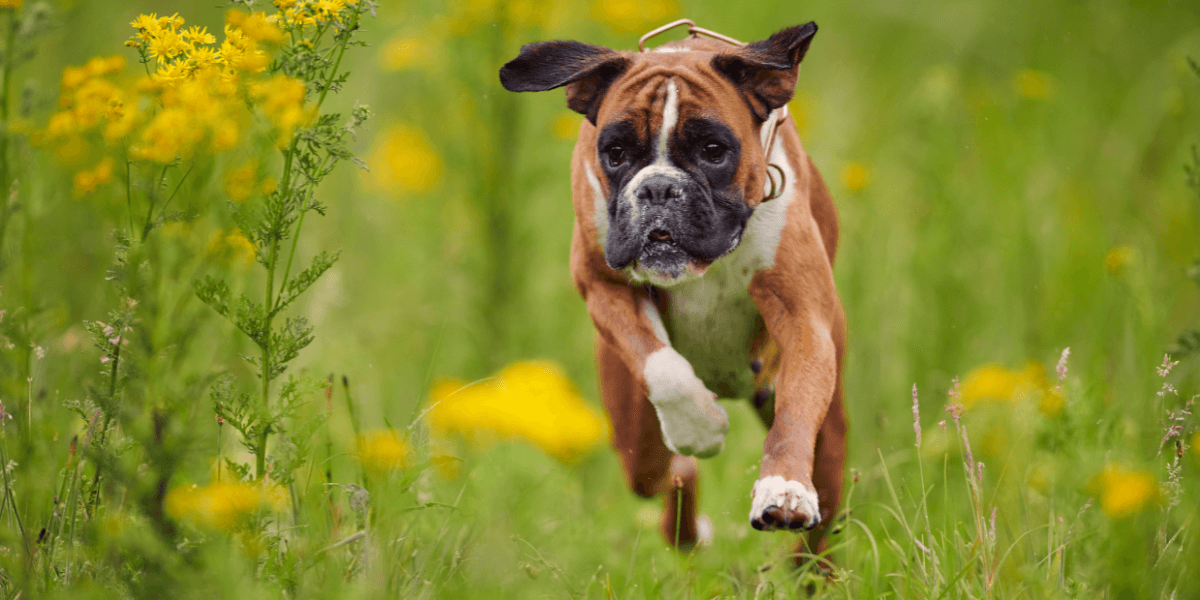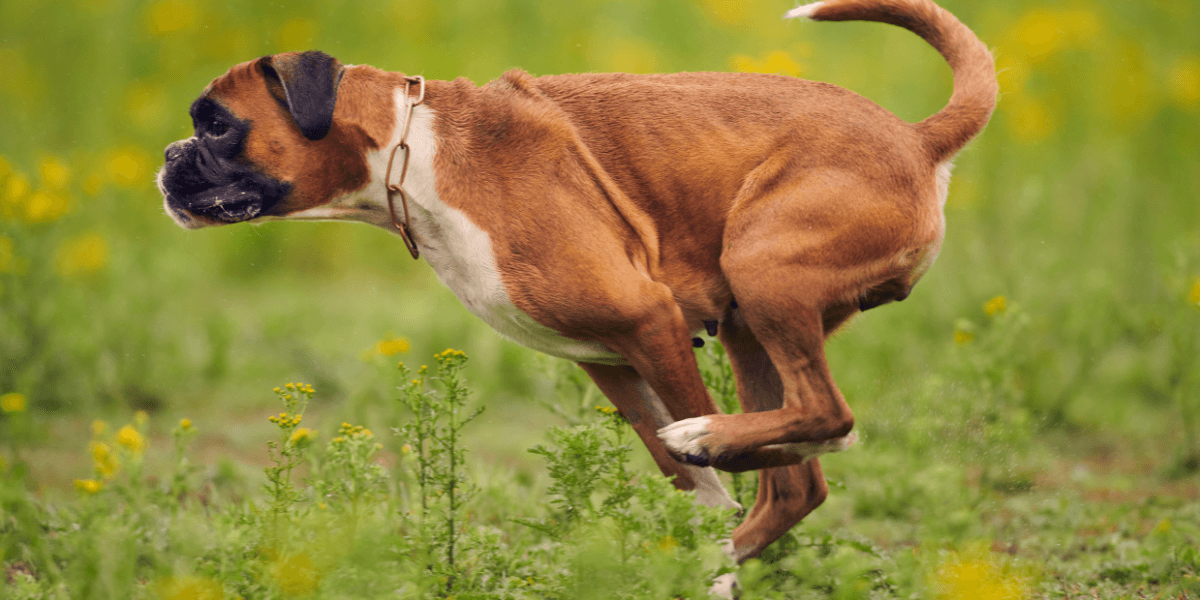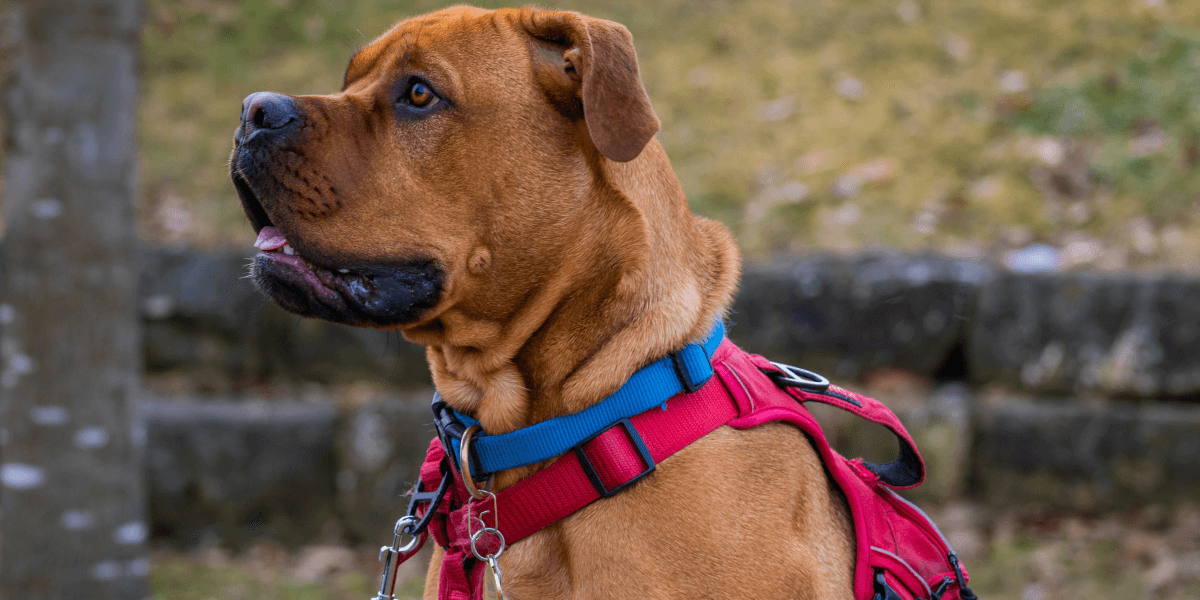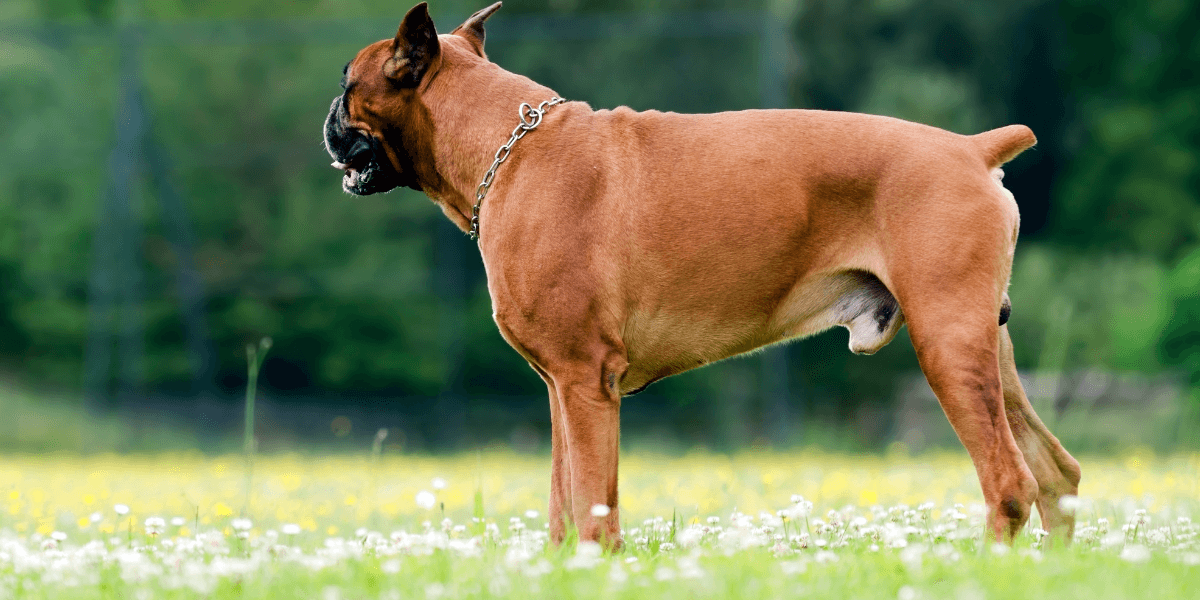Introduction
Ultimate Guide to Boxers: Discover everything you need to know about this energetic breed
- Boxers are renowned for their playful and loyal nature—learn more about them here
- From their history to training tips, this guide covers all aspects of Boxer ownership
- Explore key insights on Boxer health, grooming, and care in this comprehensive guide
- Find out what makes Boxers a beloved family companion with our in-depth guide
- Whether you're a new or experienced Boxer owner, get essential tips and advice here
- This guide will help you understand Boxers better and enhance your pet’s life
1. Understanding the Boxer Breed

Boxers are medium-sized dogs with a muscular build and a distinctive, expressive face
- Origins and History: Originating in Germany, Boxers were initially bred as hunting dogs
- Physical Characteristics: Boxers have a strong, athletic build with a square muzzle and distinctive markings
- Training Needs: Boxers are intelligent but can be stubborn; consistent training is key
- Health Concerns: Common issues include hip dysplasia and heart conditions; regular check-ups help
- Temperament: They are energetic and require regular exercise to keep them happy
2. Grooming Your Boxer: Tips and Best Practices

Boxers have a short, low-maintenance coat
But they still require regular grooming to keep their skin and coat healthy
- Brushing: This also helps distribute natural oils, keeping their coat shiny
- Bathing: Boxers only need a bath every few months unless they get particularly dirty
- Nail Trimming: Regular nail trimming is essential to prevent discomfort and potential health issues
- Ear Care: Check your Boxer's ears weekly for signs of infection or buildup
- Dental Hygiene: Brush your Boxer’s teeth several times a week to prevent dental issues
3. Training Your Boxer: Techniques and Tips

Training is crucial for Boxers due to their high energy and intelligence
Proper training ensures they are well-behaved and can manage their excitement
- Basic Commands: Start with basic commands like "sit," "stay," and "come"
- Socialization: It helps prevent behavioral issues and ensures your Boxer is well-adjusted
- Exercise and Mental Stimulation: Boxers require regular exercise and mental stimulation
- Consistency: Maintain a consistent routine and clear commands to reinforce training
- Leash Training: Teach proper leash manners to ensure enjoyable walks and control
- Positive Reinforcement: Use treats, praise, and play to encourage desired behaviors.
4. Health Considerations for Boxers

Understanding common health issues in Boxers can help you provide better care
- Hip Dysplasia: A common issue in Boxers, it’s a genetic condition that affects the hip joints
- Heart Conditions: Regular veterinary exams are crucial for early detection and management
- Cancer: Be vigilant for any unusual lumps or symptoms and have them checked by a vet promptly
- Allergies: Boxers can suffer from allergies, leading to skin issues and itching
- Bloat (GDV): Boxers are prone to gastric dilatation-volvulus; watch for symptoms like restlessness
- Ear Infections: Their floppy ears can trap moisture; regular cleaning helps prevent infections
Learn how Doberman Pinscher exercise essentials compare to health considerations for Boxers in our guide!
5. Nutrition and Diet for Boxers

A balanced diet is essential for maintaining your Boxer’s health and energy levels.
- Quality Food: Choose high-quality dog food that meets your Boxer’s nutritional needs
- Portion Control: Follow feeding guidelines based on your Boxer’s age, weight, and activity level
- Treats: Avoid giving table scraps or human food, which can lead to weight gain and health issues
- Hydration: Provide fresh water and ensure your Boxer stays hydrated, especially after exercise
- Supplements: Consider supplements for joint health or skin conditions as recommended by your vet
- Diet Changes: Introduce new foods gradually to avoid digestive upset and monitor for allergies
Ensure your Boxer thrives by following this comprehensive guide on proper nutrition and diet.
6. Exercise Needs for Boxers

Boxers are active dogs that thrive on regular exercise to keep them physically.
- Daily Exercise: Activities like brisk walks, runs, and playtime are ideal
- Mental Stimulation: Incorporate puzzle toys and training exercises to keep your Boxer’s mind engaged
- Playtime: Games like fetch and tug-of-war are excellent for burning off excess energy
- Variety: Mix up exercise routines to prevent boredom and keep your Boxer motivated
- Weather Considerations: Adjust exercise intensity in extreme temperatures to avoid overheating or cold stress
7. Choosing a Boxer: Adoption vs. Breeder

Deciding where to get your Boxer is a crucial step.
Both adoption and purchasing from a breeder have their pros and cons
- Adoption: Adopting from a shelter or rescue can be a rewarding experience
- Breeders: Ask for health clearances and visit the facility
- Cost: Adoption fees are generally lower than purchasing from a breeder
- Background Information: Request detailed information about the dog's history and health from both shelters
Cane Corso vs. other large breeds to see how Boxers stack up in temperament and adoption options.
FAQs
1. What is included in the Ultimate Guide to Boxers?
- It covers training, health, and care tips for Boxers
2. How often should I exercise my Boxer?
- Aim for at least an hour of exercise daily
3. What are common health issues in Boxers?
- Watch for heart conditions, allergies, and hip dysplasia
4. How should I groom my Boxer?
- Regular brushing and occasional baths keep their coat healthy
5. What is the best diet for a Boxer?
- Feed high-quality, balanced dog food suited to their age and activity level
6. How can I train my Boxer effectively?
- Use positive reinforcement and consistent commands
7. Where can I find more information on Boxers?
- Check out our Ultimate Guide to Boxers for detailed advice and tips
Conclusion
- Summarize the key points from the guide for a quick review
- Highlight the benefits of owning a Boxer dog based on the information provided
- Training tips for Boxers and Cane Corsos emphasize their suitability as great pets
- Encourage readers to explore further resources for a deeper understanding of Boxers
- Mention the Ultimate Guide to Boxers as a comprehensive resource for new and current owners
- Invite readers to share their own Boxer experiences and questions in the comments
- Include a call to action to follow the blog for more pet-related guides and tips
For more articles on dog breeds, explore our blog and stay tuned for more expert advice
References
- The Ultimate Guide to Boxers Dogs
- Best Exercises for Dogs with Hip and Joint Pain
- Boxer Dog Breed Information
- Ultimate Guide to Boxers
- A Guide to Preventing Joint Problems in Dogs
Thank you!



